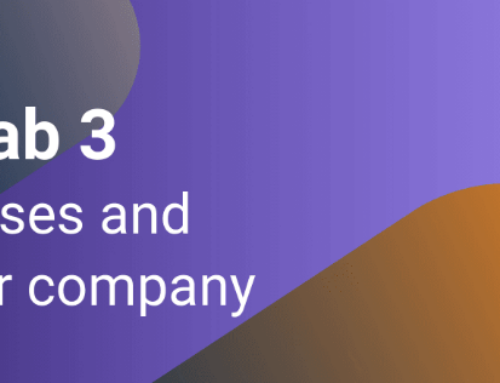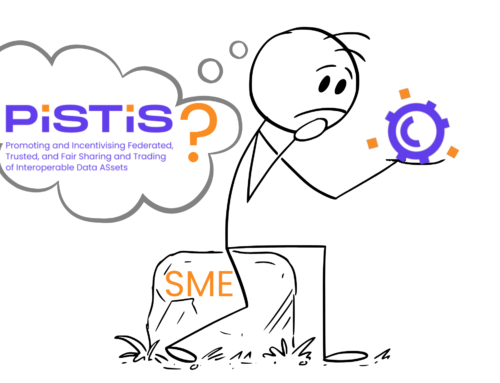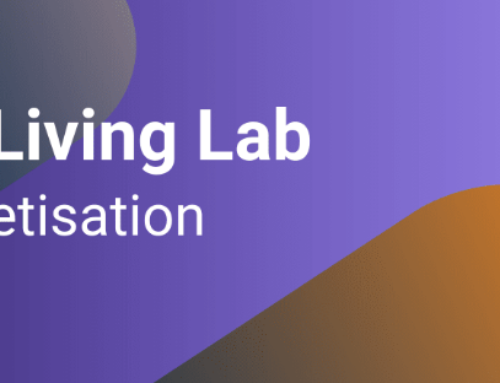Next autumn, the PISTIS project will release the alpha version of its secure and controlled platform for the exchange and usage of data assets and data-driven intelligence. The PISTIS platform is expected to have a significant impact on the energy economy by optimising the way data is stored and shared through secure and trusted procedures, opening up new possibilities for the energy actors.
The digitization of the energy distribution network in recent years has provided unprecedented insights into the network’s condition, especially the low voltage areas that were previously “blind spots” for distributors. This enhanced visibility has significantly increased our awareness of the network’s state and highlighted the need for more efficient ways of operating and managing distribution networks. The PISTIS platform, with its secure and controlled data exchange capabilities, offers a transformative opportunity for the Energy sector to engage in new business models, including demand-response, distributed energy resources (DERs) integration, and peer-to-peer energy trading, as would be reflected through the use cases proposed in the project.
The actors of Energy
CUERVA, a Spanish Distribution System Operator (DSO) involved in the PISTIS project, is convinced about the potential of the platform to transform the energy sector.
“PISTIS presents an opportunity for the actors of the future flexibility markets to work together and generate our own test market within the project, leveraging the advantages offered by the platform for data processing and securitisation (the financial expedient of taking not-easily- or non tradable assets, pooling them together, and selling tradable shares in that pool to investors), thanks to which we can test the replicability and scalability of the market as well as further examine the value of the data itself”, Pablo Blázquez, smart grid engineer at Cuerva and coordinator of the Energy demonstrator hub in PISTIS.
Other actors in the new energy markets, such as the Market Operator (MO) represented by OMIE (Operador del Mercado Ibérico de Energía) and Bamboo Energy as the aggregators (AGG) are also participating in the PISTIS project, in order to create the demonstration area for the flexibility markets relying on the PISTIS platform for data and information exchange, also, CARTIF (applied research centre) will develop the base grid technology for the participation of the DSO in the market.
Demand-side flexibility allows consumers to adjust their energy consumption in response to market signals, which helps to balance supply and demand and reduce energy costs. This active participation is key to meeting the energy efficiency and renewable generation targets set out in Spain’s National Integrated Energy and Climate Plan (ENCP), mandated by the European Union.
This first phase of the PISTIS project, started in January 2023, is dedicated to engaging key stakeholders and gathering feedback, to develop the platform with the required functionalities and necessary regulatory and legal standards.
PISTIS Empowers Data-Driven Innovation in the Energy Sector
PISTIS aims to enhance data sharing and monetisation through innovative technologies, benefiting DSOs and the future participation in the flexibility markets, along with AI-driven data quality assessment, promises significant advancements.
In addition to benefiting DSOs, PISTIS facilitates active participation in flexibility markets, where demand-side resources can be managed more effectively to balance supply and demand. Key players such as market operators, represented by OMIE, and aggregators like Bamboo Energy, are integral to this ecosystem. They help create demonstration areas for flexibility markets, relying on the PISTIS platform for efficient data and information exchange. This collaboration ensures that the flexibility markets operate smoothly and effectively, maximising the potential of distributed energy resources and consumer participation.
By leveraging the high-quality data made available through PISTIS, we can optimise grid performance. The platform’s federated data discovery and sharing capabilities, supported by distributed ledger technologies (DLTs) and data non-fungible tokens (NFTs), promote transparency and trust among participants. This fosters a collaborative environment where stakeholders across the energy sector can work together seamlessly.






